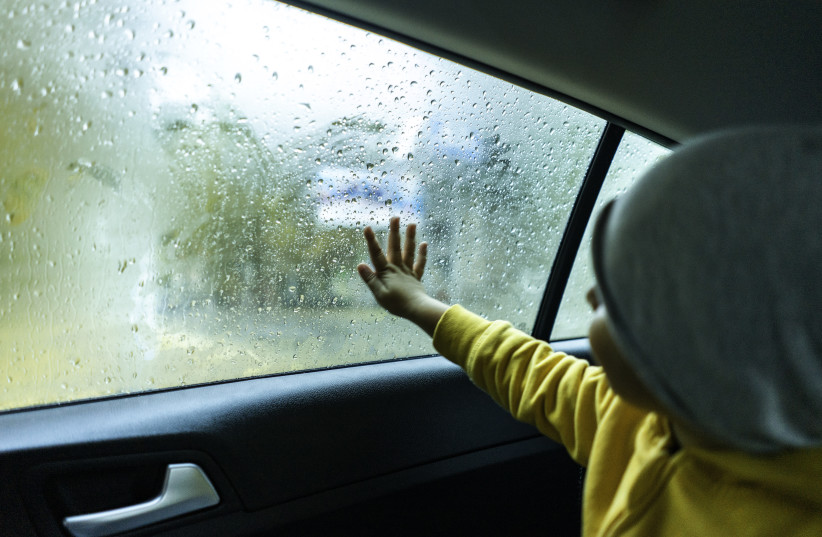You came to pick up your child from kindergarten, expecting your little one to run to you with open arms and a wide smile after a whole day of not seeing each other. But the reality was a little different and disappointing. Instead of a smile, your child is angry, maybe sad. You don't know what happened to them, and you're curious.
The younger the child is, the harder it is to get an answer to "What happened to you?" It will be less clear if there will be an answer at all, and you'll feel really frustrated. And then you start making assumptions: maybe a child stole their toy? Maybe they're hungry? Maybe they were rejected from a group activity and now feel insecure.
The longing to know what happened to your child at every stage of the day is understandable and natural. It sometimes stems from needing to feel that you're in complete control, as well as it's hard to let go and trust that the staff will be able to help kids navigate different social and personal situations.
What happened?
Noga Hila Mutana, parent and family guide, NLP facilitator, and marriage counselor, explains that the preoccupation and focus on "What happened?" may create pressure on the child. So you need to let go and instead of finding out what happened, focus on the child's emotional experience through reflection, validation, maintenance, and emotional regulation.
So what can you say? Try, for example, to say to your child, "I see you're very angry, right?" Your child will understand that you see them, along with a slight reservation expressed in the question mark at the end so that the message is that you're asking if they're angry but you're not stating this emotion as an absolute fact. This is part of emotional clarification and support, and as children grow up, they'll be able to specify the emotion they feel if what you suggested isn't correct.

You don't know how your child feels. Even if they don't know which emotion they're feeling, that's fine. The main thing is to have a present and attentive conversation around feelings. The goal is for a child to feel that you saw that they're going through something and you're with them, sharing the emotional experience and supporting them by legitimizing all the feelings.
Discussing emotions versus problem-solving
Parents tend to interrogate their children because they're sure that if they knew exactly what happened, they would be able to solve the problem. Yet the parental role is not necessarily to give children solutions. Your important role, as parents, is to be with your children as an emotional presence and give them the tools to deal with what they feel and how they choose to handle the situation.
Insistence on "What happened?" can lead to assumptions that can be misleading, and sometimes children can't express what they're feeling, just like adults don't always know how to put their finger on what made them feel certain emotions, and sometimes it's a mix of things that have caused a current mood. So the conversation is crucial. You don't need to find the cause or a solution. When you work with your children to sort out and name their emotions, they'll feel seen and understood, and sometimes, that's all they need.
This article was written in cooperation with the JAMA parenting app.
